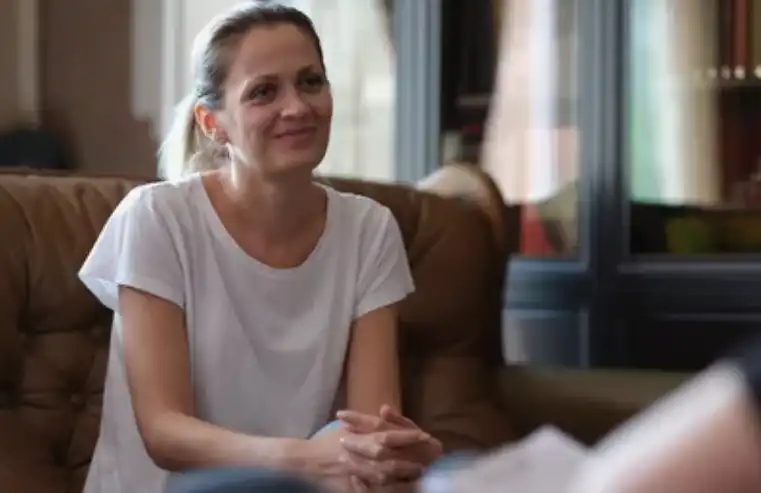Family mediation is focused on finding an amicable solution to any disagreement without relying on court proceedings. Mediators are trained in conflict resolution techniques such as active listening, open dialogue, and problem-solving strategies designed to help couples reach an agreement that both parties find acceptable. Through guided negotiations, couples can decide how best to sort out financial arrangements or parenting plans without going through the formal legal process and risking a bitter battle in court.
As well as offering a non-confrontational way to settle disputes between family members, family mediation also helps people develop better communication skills which they can use in other areas of their lives. This type of dispute resolution promotes greater understanding between the two parties and allows couples to move forward in their relationship with less animosity than if they had gone to court.
 Wills from £204
Wills from £204
 Probate
Probate
 Motoring Offences
Motoring Offences
 Criminal Defence
Criminal Defence











